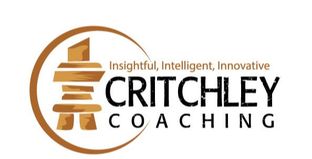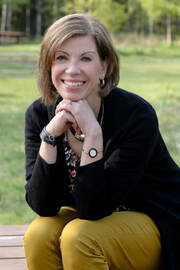
The day following Jarod’s funeral, I met with one of Jarod’s classmates from our school, now a good friend of mine, Mark. Mark and I never lack for conversation. We always tackle the big issues and leave the rest for the others. We don’t spend much time chit chatting about the price of oil, or the weather, or gossiping about others. We do ponder things that matter to us; things like whether we are spending our lives in ways that are satisfying, and if we are being who we want to be, and for that matter trying to figure out just who it is exactly we want to be. It sounds deep, but to us it feels normal, and from my perspective, even comforting.
Usually Mark and I ‘meet’ through email, but on Saturday we were able to enjoy a rare face to face visit over coffee in a local coffee shop. During the conversation Mark was telling me he is considering his next steps career wise. I immediately felt I could relate to his sense of importance about this. Although I had the luxury of spending a long, very satisfying career in teaching, before taking the leap (ok, more like a series of small hops) into coaching, I could easily remember all the feelings that came with my decision to leave a profession I had so dearly loved, and that had been so very rewarding to me.
One of the things I said to Mark was that although decisions like this feel overwhelming, and as though we need to get them right we won’t ruin our lives if we do not. I told him about how I now talk about my 33-year teaching career. It has been boiled down to one sentence. “I taught for thirty-three years.”
Even I am shocked. How, I wonder, can something that filled every waking thought of mine for all that time be boiled down into such a small, simple sentence. I spent many hours trying to make good decisions in my career. I thought of ways to make lessons interesting. I agonized over trying to make each student feel welcome and safe, and spent sleepless nights when I had a hunch I might be missing something. I searched for ways to help students discover their greatness. I poured myself willingly into it. I loved it. And even after all of that, it is a simple sentence. I taught for thirty-three years.
I have found this to be liberating in many ways, and at the same time very sobering. If my beloved career is now one sentence, then so are, and will be, the other things in my life. If I make some decisions that don’t turn out to be fueling my passions, I likely won’t include them in my sentence collection. I’m realizing that most of us, if we are lucky, get about ten good sentences in life.
I taught for thirty-three years.
If we only get about ten of these, give or take, we need to make them all sentences worth writing. More importantly, when we say them, we should be stirred. Our English teachers would have, no doubt, wanted us to create interesting sentences; sentences that conveyed a feeling or ones that described a series of events in vivid detail. They would have wanted us to use a variety of sentence structures. And sometimes even to surprise our readers. My sentences are none of this. But when I say them, I hope whoever is listening can see the sparkle in my eyes and hear the deep satisfaction and love in my voice.
When reading the obituaries of both Daniel, 100, and Jarod, 44, it was easy to find the sparkles. And after many conversations with Mark, I’m sure his recent work with the Invictus games will end up being one of his sparking sentences. For my part, I’m challenging myself to have ten solid, eye sparkling sentences of my own to share.
I know I have most likely written more than half my sentences. Knowing this helps me be more discerning about how, and with whom, I choose to create my next sentences. It’s kind of my new litmus test. I’ve already tried it out this week. Rhonda told me she was going to ride in this summer’s Ride to Conquer Cancer and asked if I was going to join her. Will I sparkle, I wondered for a second? And then I signed up.
My inquiry for you this week is, ‘What sparkling sentence am I writing?’
To read more about my ride, or to donate, click here.
Elizabeth is a certified professional Leadership Coach, and the owner of Critchley Coaching. She is the founder and president of the Canadian charity, RDL Building Hope Society. She works with corporations, non-profits and the public sector, providing leadership coaching. She creates and facilitates custom workshops for all sizes of groups. She has particular expertise in facilitating Strategic Plans for organizations. Contact Elizabeth to learn how to create sparkling sentences.


 RSS Feed
RSS Feed